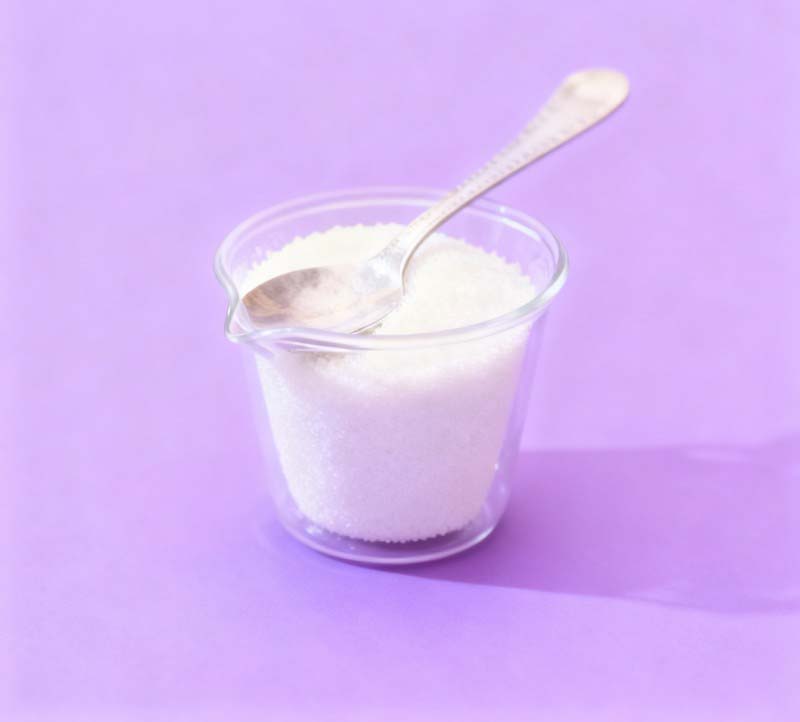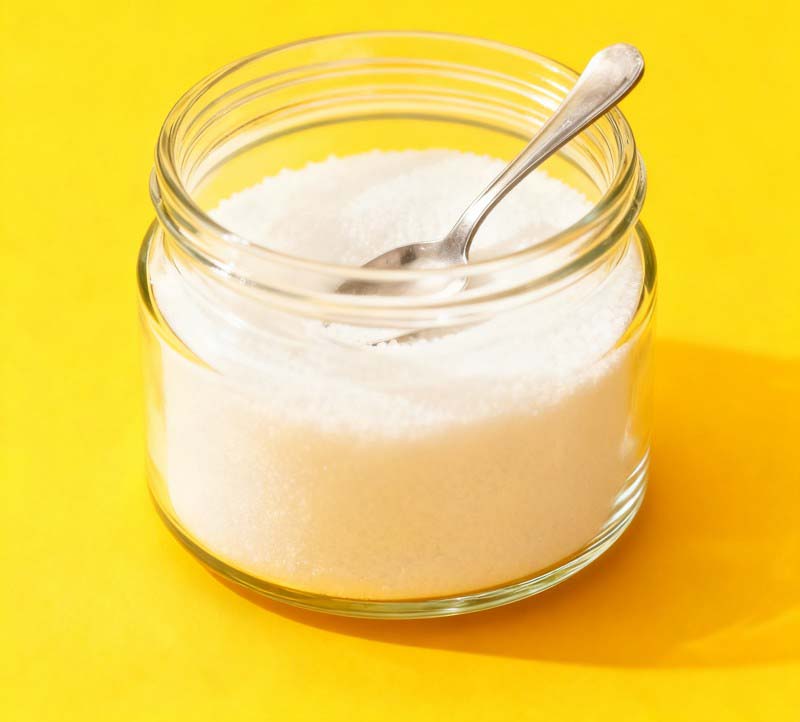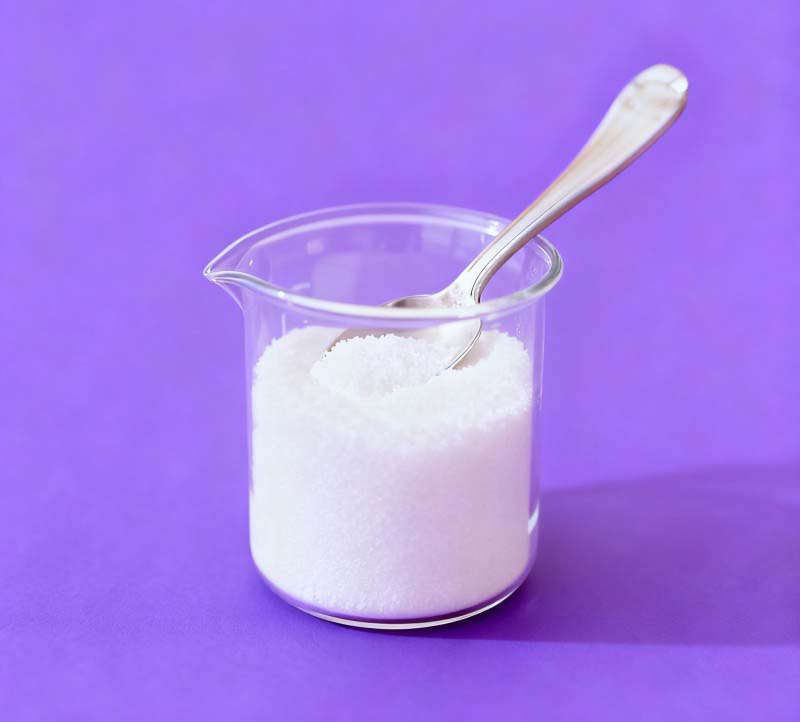Biotin: Your Comprehensive Guide to the "Hair Vitamin"

The English name for生物素 is Biotin. You might also come across its other name, Vitamin B7 or Vitamin H.
If you’re searching for “biotin,” you’re likely seeking clear and practical information about this popular supplement. Whether you’re curious about its benefits for hair and nails, concerned about deficiency, or simply wondering how to use it effectively, you’ve come to the right place. This guide will answer all your questions about Biotin.
Biotin is a water-soluble B-vitamin (B7) that plays a crucial role as a coenzyme in our bodies. It’s essential for metabolizing fats, carbohydrates, and proteins, converting the food you eat into usable energy. While it’s famously marketed for cosmetic benefits, its fundamental functions are vital for overall health.

The interest in biotin is driven by its wide range of purported benefits. Here’s a breakdown of what science says:
Hair Health: The Core Appeal

Nail Strength
Skin Health

Metabolic Support
Pregnancy and Breastfeeding
True biotin deficiency is rare because it’s widely available in foods and our gut bacteria can produce small amounts. However, certain factors can increase the risk.
Symptoms of Deficiency: